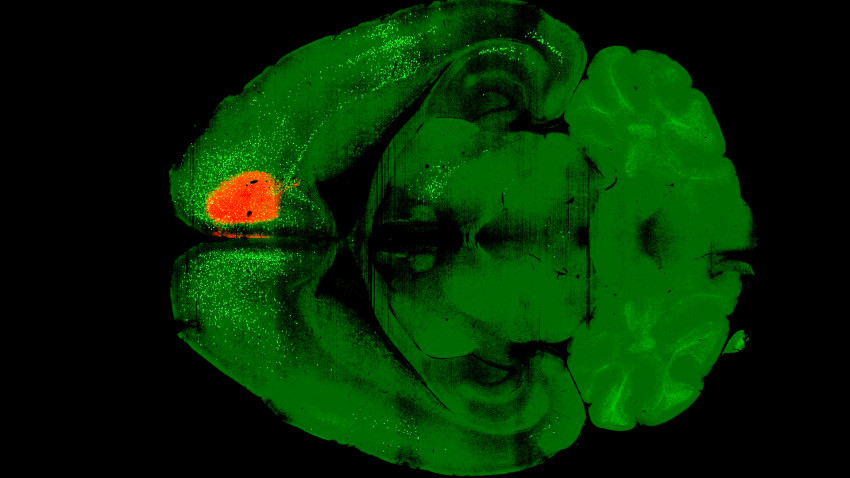The Department of Homeland Security (DHS) has come under scrutiny for its contrasting statements regarding individuals involved in recent clashes with federal agents in Chicago. While the agency has labeled some citizens as armed domestic terrorists, court filings present a different narrative, raising questions about the accuracy of the public claims made by DHS.
Public vs. Legal Statements
CNN’s Omar Jimenez has analyzed the disparity between the DHS’s public communications and the arguments presented in legal contexts. The agency often utilizes social media and press releases to convey its stance on various incidents, including confrontations between federal agents and local citizens. In these public statements, the DHS has characterized certain individuals as threats to national security.
However, the court documents reveal a more nuanced perspective. In several cases, the agency’s filings do not substantiate the accusations made publicly. This discrepancy between the DHS’s public rhetoric and legal assertions has raised concerns about the agency’s approach to handling such incidents.
Court records indicate that the DHS has not provided concrete evidence to support its claims of domestic terrorism against specific individuals. Instead, the legal documents focus on procedural aspects and the circumstances surrounding the confrontations, often lacking the dramatic framing seen in public communications.
Implications for Public Trust
The revelations about the DHS’s dual narratives have implications for public trust in the agency. Critics argue that such inconsistencies could undermine the credibility of federal law enforcement. When the public perceives a gap between what is being claimed and what is documented in legal settings, it may lead to skepticism regarding the motives and accountability of the DHS.
Furthermore, the situation highlights the challenges federal agencies face in effectively communicating with the public while ensuring legal integrity. As citizens increasingly engage in protests and demonstrations, the role of federal agents becomes more critical. The DHS must navigate the line between enforcing laws and respecting citizens’ rights.
As this story develops, it will be essential to monitor how the DHS addresses these discrepancies and whether any changes in its communication strategies will emerge. The ongoing scrutiny may prompt a re-evaluation of how federal agencies convey information to the public, especially in sensitive situations involving citizen interactions.
In sum, the conflict between public statements and court documents reveals a complex landscape for the DHS. The agency’s characterization of individuals involved in confrontations with federal agents raises significant questions about accountability and the integrity of its messaging.







